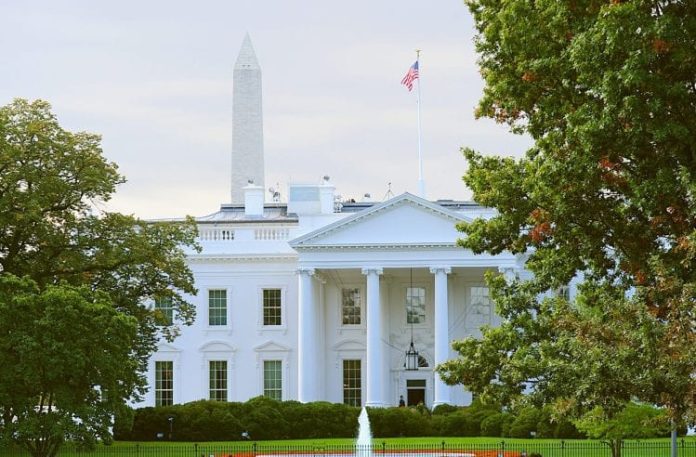The US government is to invest $1 billion into a dozen new research and development (R&D) institutes to stimulate the economy with homegrown artificial intelligence (AI), quantum information science (QIS), 5G communications, and other emerging technologies. The mission is to drive technological improvements in healthcare, communications, manufacturing, agriculture, transportation, and security.
The White House, together with the National Science Foundation (NSF) and the Department of Energy (DOE), has announced the funding to “ensure American leadership in the industries of the future” and to “shape our economy and security for years to come”. The NSF and DOE will manage the new AI research institutes and QIS research centers, respectively, as national R&D hubs to spur innovation and support regional economic growth and training, said the White House.
The NSF and additional federal partners are awarding $140 million over five years, and $300 million earmarked as funding in total, to seven AI institutes, which will focus on machine-learning, synthetic manufacturing, and precision agriculture. The institutes will be located at the University of Oklahoma, the University of Texas, the University of Colorado, the University of Illinois, the University of California, and the Massachusetts Institute of Technology. The NSF, which invests $500 million in AI annually, is the largest state driver of non-defense AI R&D.
DOE will invest $625 million for QIS research over five years into five centers, led by DOE laboratory teams at Argonne, Brookhaven, Fermi, Oak Ridge, and Lawrence Berkeley. These will focus on quantum networking, sensing, computing, and materials manufacturing. The private sector and academia will be providing another $300 million in contributions for the centers. Each QIS center will incorporate a collaborative research team spanning multiple institutions as well as scientific and engineering disciplines, said the White House.
A statement said: “These institutes are a manifestation of the uniquely American free-market approach to technological advancement. Each brings together government, industry, and academia, positioning us to leverage the full power and expertise of the USs innovation ecosystem for the betterment of our nation.”
Lux Research noted similarly-sized investments in AI research in the private sector, notably with Elon Musk’s DeepMind-rival OpenAI securing $1 billion from Microsoft, and Google averaging more than $500 million per year on AI research. It also noted the massive investments China is making in AI and Industry 4.0 technologies, as part of its Made in China 2025 initiative.
It commented: “The question remains: given the critical importance of these technologies to both national security and economic activity, why not invest more? Although it is a good start, clients should recognize that this funding will need to only be the beginning for it to make a material impact, particularly as countries like China ramp up their investment in such technologies.”

